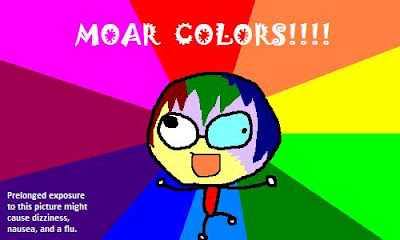 After seeing a couple of interviews between Cormac McCarthy and Oprah, I could tell much more about the author himself and his thoughts as he wrote The Road.
After seeing a couple of interviews between Cormac McCarthy and Oprah, I could tell much more about the author himself and his thoughts as he wrote The Road.Let us start by noting that there are no quotation marks or semicolons. To say the truth, I thought that the abscence of these certain punctuation marks meant something.
Not really.
McCarthy simply sort of 'learned' in his youth that punctuation marks were there to make a text easier. This is precisely the reason quotation marks and semicolons are inexistant, the reason why colons are rare, and the reason commas are uncommon. However, we do see a lot of periods.
Speaking of semicolons, I'm not allowed to use one on a blog post. My English teacher does not want us to use semicolons yet; however, I believe otherwise.
Actually I don't believe otherwise. I just wanted to use it once. WOOHOO!! REBELLION!

Anyways, according to McCarthy, this book was written without actually planning out the plot. He just continued writing the next part if he thought it was good. I actually liked the idea of that, since it matched up pretty well with what happens in The Road itself. No one knows what they're going to find next, but they keep going, stepping on only the firm rocks on the river.
That was a metaphor by the way, in case it just flew over you head.
So what makes McCarthy the great author he is now?
Hmm. I sort of get what the answer should sound like, but I can't come up with a mot juste for it.
I think we need a new word.














